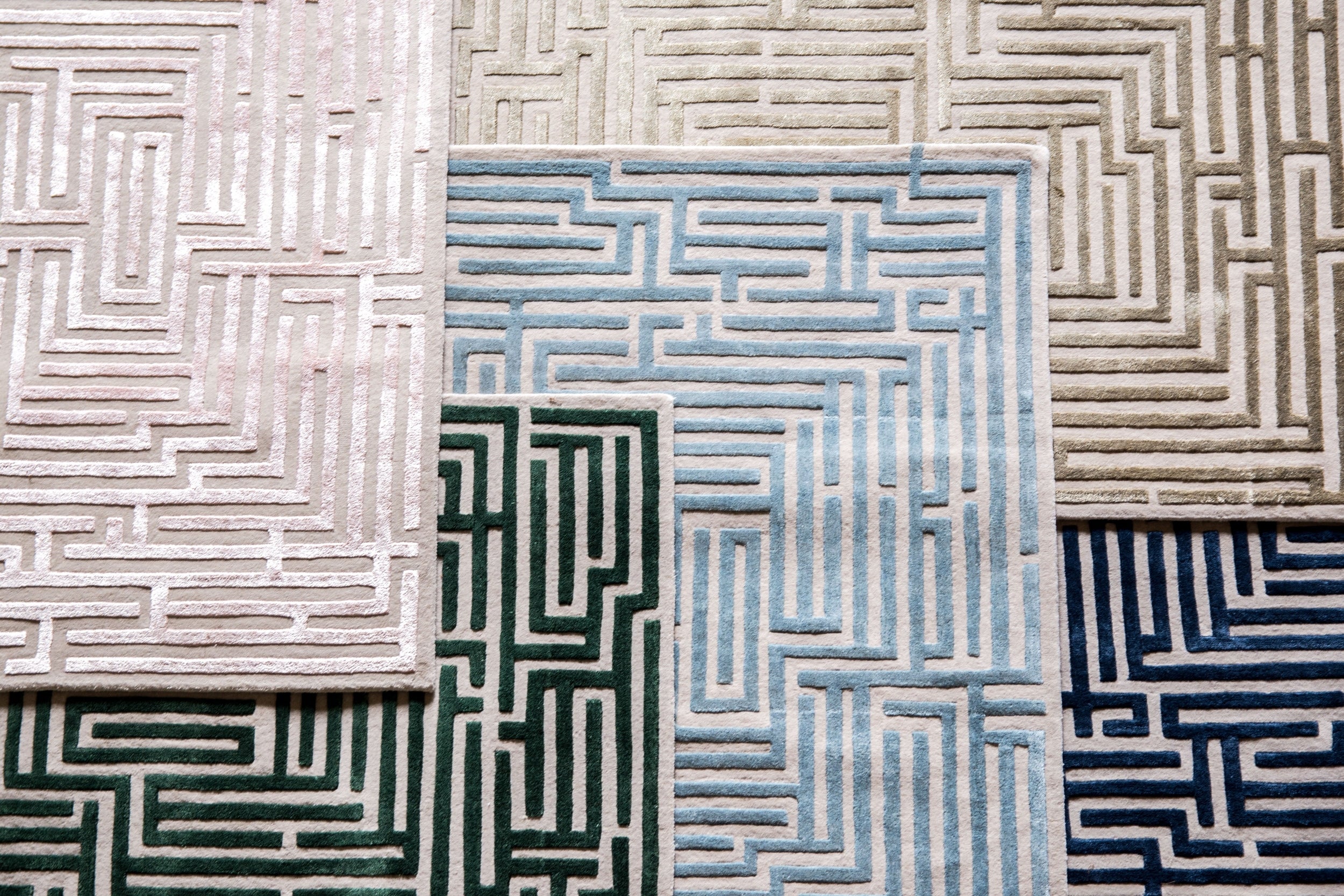Repairing French Drains: What Homeowners Should Know
 French drains are an essential part of a home’s drainage system. Designed to redirect water away from foundations, landscaping, and low-lying areas, they help prevent flooding, soil erosion, and structural damage. But like any system, French drains require maintenance and occasional repairs to function effectively. Homeowners in Washington and other areas with frequent rain need to understand the basics of French drain repair to protect their property.
French drains are an essential part of a home’s drainage system. Designed to redirect water away from foundations, landscaping, and low-lying areas, they help prevent flooding, soil erosion, and structural damage. But like any system, French drains require maintenance and occasional repairs to function effectively. Homeowners in Washington and other areas with frequent rain need to understand the basics of French drain repair to protect their property.
Understanding the Basics of a French Drain
A French drain typically consists of a perforated pipe surrounded by gravel and wrapped in landscape fabric. The pipe collects water and channels it away from areas prone to pooling. Over time, debris, sediment, or tree roots can clog the pipe, reducing its effectiveness. Common warning signs of a problem include:
-
Water pooling around the foundation or yard
-
Slow drainage after rainfall
-
Wet or soggy spots in your landscaping
Recognizing these signs early can prevent costly damage and more extensive repairs later.
Common Causes of French Drain Problems
1. Debris and Sediment Build-Up
Leaves, dirt, and other debris can enter the drain over time, clogging the pipe and reducing water flow.
2. Root Intrusion
Nearby trees or shrubs may send roots into the drain, creating blockages.
3. Improper Installation or Slope Issues
If a French drain isn’t installed with the correct slope, water may not flow properly, leading to pooling and backups.
4. Pipe Damage
Cracks or breaks in the pipe can cause leaks and prevent the system from functioning as intended.
For homeowners considering professional French drain repair services, identifying the underlying cause is the first step toward an effective solution.
Steps to Repair a French Drain
1. Inspect the Drain
Begin by locating the drainage pipe and checking for visible damage or blockages. Look for areas where water is pooling or where the soil appears unusually wet.
2. Clear Blockages
If debris or sediment is the issue, you can try using a plumbing snake or high-pressure water hose to flush out the pipe. Be careful to avoid damaging the pipe during this process.
3. Repair or Replace Damaged Sections
Cracked or broken pipes should be replaced promptly. This may involve digging up the affected section of the drain and installing new piping.
4. Ensure Proper Slope
A French drain should have a slight slope (usually around 1%) to allow gravity to carry water away. Adjusting the slope may require re-laying portions of the pipe or adding additional gravel.
5. Test the System
After repairs, run water through the drain to ensure it flows smoothly and exits at the intended location.
Maintaining Your French Drain
Regular maintenance can extend the life of your French drain and prevent costly repairs. Homeowners should:
-
Keep gutters and downspouts clean to prevent excess debris from entering the drain
-
Inspect the drain periodically for signs of blockage or erosion
-
Remove plants or trees that are too close to the system
For ongoing protection, many homeowners rely on an experienced drain contractor to perform annual inspections and maintenance.
Final Thoughts
A properly functioning French drain is crucial for protecting your home from water damage, especially in areas with heavy rainfall like Washington. By understanding the causes of problems, taking steps to repair blockages, and scheduling regular maintenance, homeowners can ensure their drainage system remains effective for years to come.
Browse by Category

Design Projects
Explore interiors from client work and personal renovations — layered, livable, and always in progress.
read more →
Collaborations
From product launches to styled spaces, discover the brand stories I’ve helped bring to life.
read more →
The Notebook
A growing archive of iconic designers, inspiring artists, and unforgettable design moments.
read more →
Travel by Design
Wander with a designer’s eye — from charming hotels and city guides to visual inspiration abroad.
read more →




